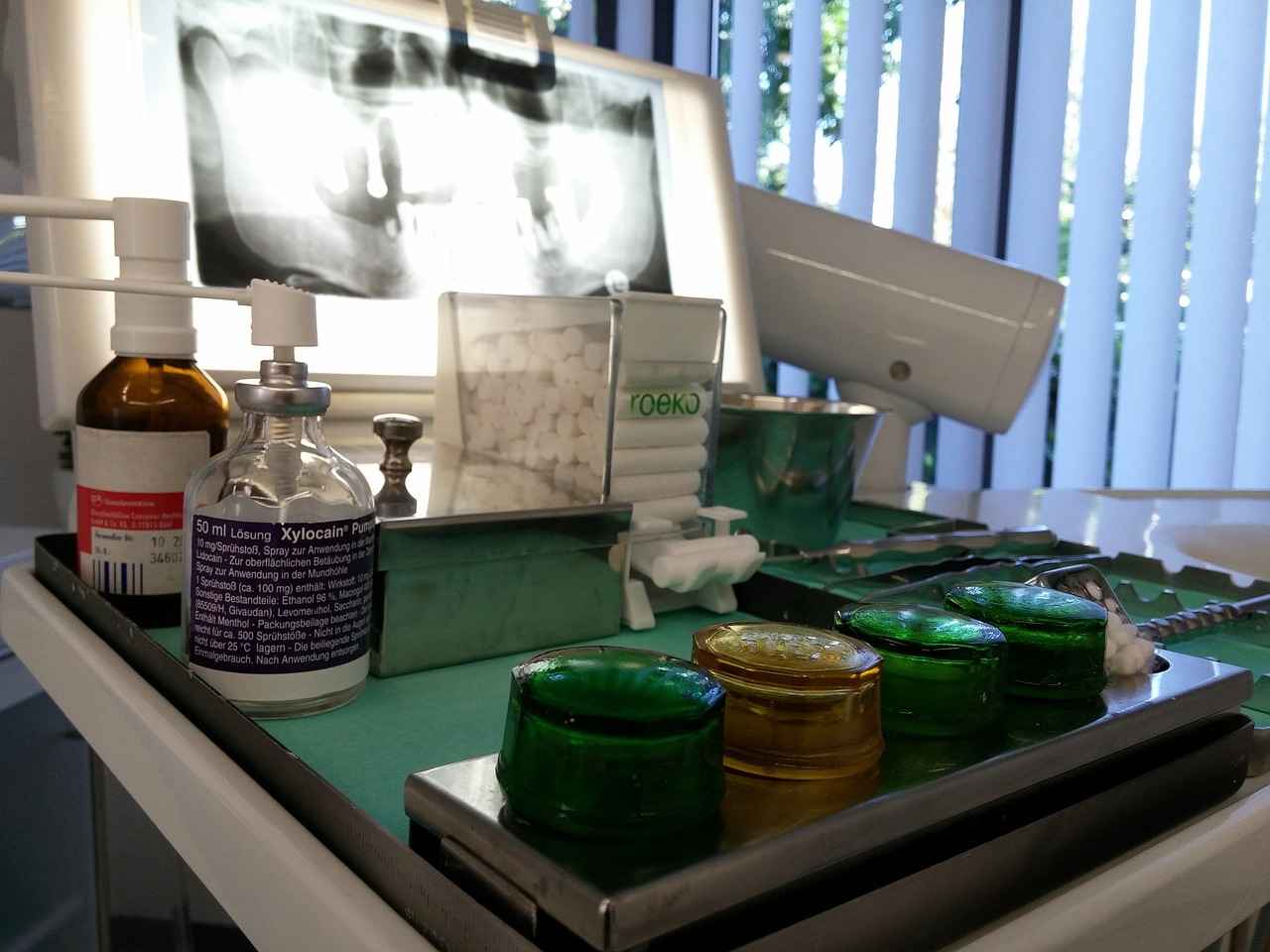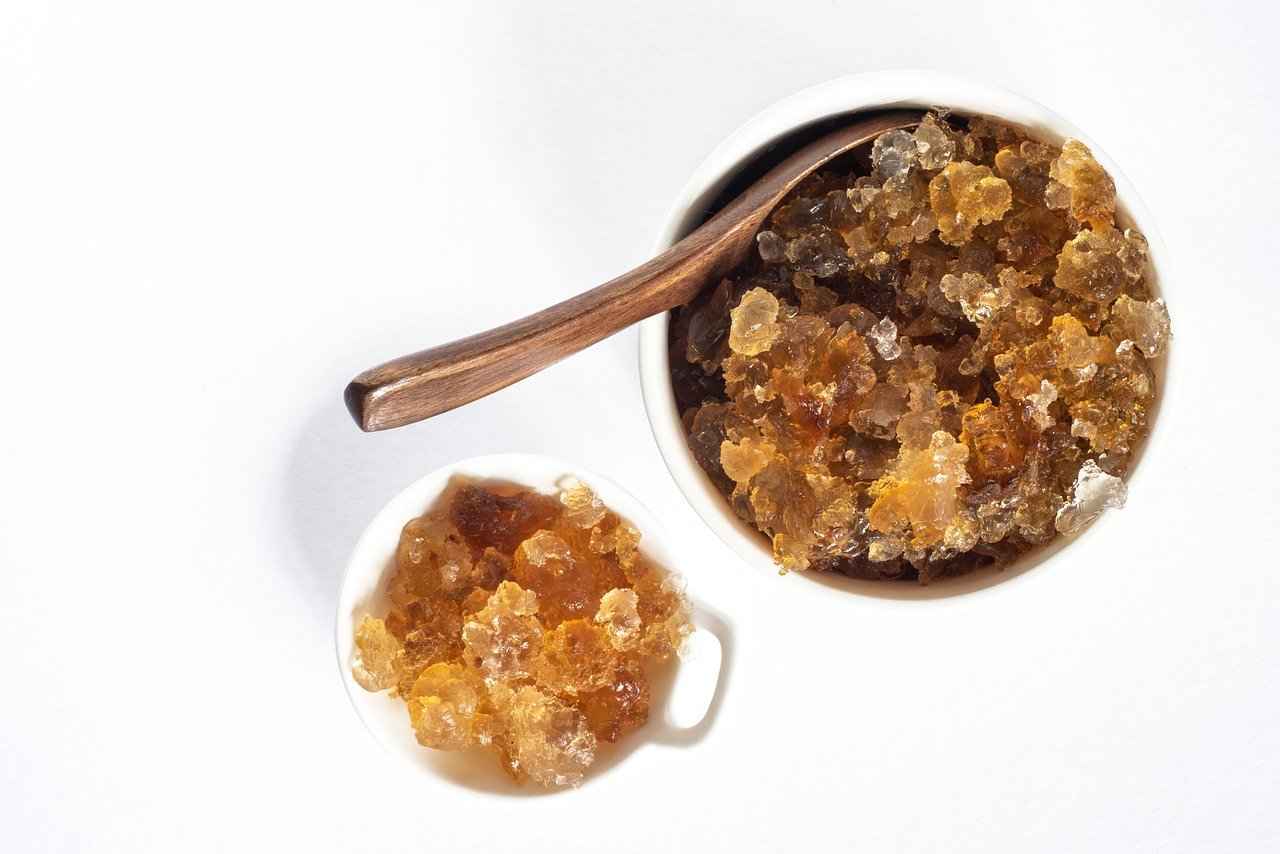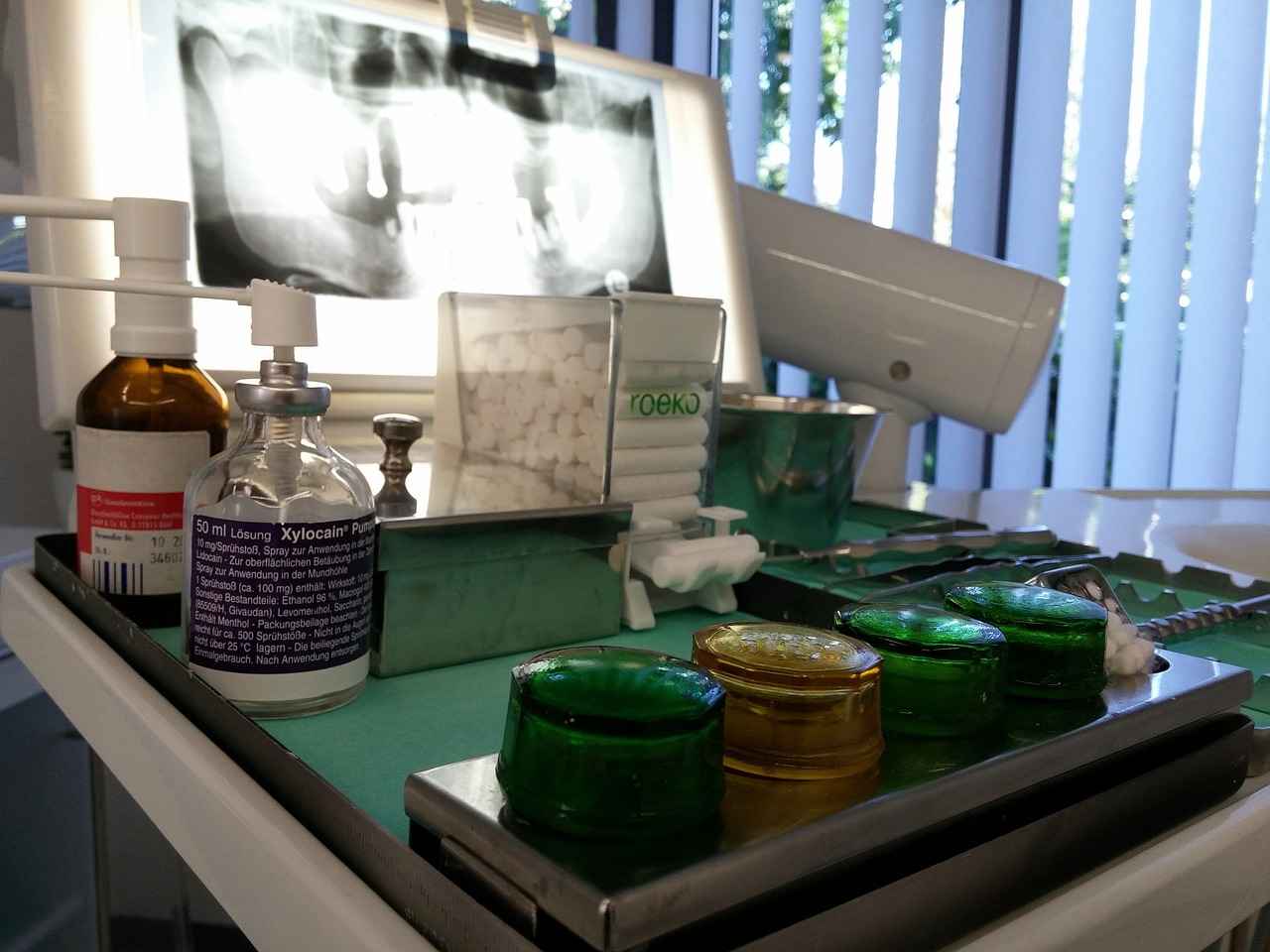This article explores the benefits of collagen peptides for skin health, focusing on their role in promoting youthful skin, enhancing elasticity, and providing practical insights for incorporating them into your routine.
What Are Collagen Peptides?
Collagen peptides are small, bioactive fragments derived from collagen, a protein that serves as a crucial building block for our skin. They are easily absorbed by the body, making them an effective supplement for improving skin health and overall vitality.
How Collagen Peptides Benefit Skin Health
- Improved Hydration: Collagen peptides enhance skin moisture levels, leading to a plumper appearance.
- Increased Elasticity: These peptides stimulate the production of collagen, which can reduce the visibility of fine lines and wrinkles.
- Overall Appearance: Regular intake of collagen peptides can result in smoother, more youthful-looking skin.
The Science Behind Collagen Production
As we age, our body’s natural collagen production decreases, which can lead to visible signs of aging such as wrinkles and sagging skin. Collagen peptides can help counteract this decline by stimulating new collagen synthesis.
Age-Related Collagen Loss
With age, collagen levels naturally diminish, leading to various skin concerns. Supplementing with collagen peptides can help restore some of this lost collagen, improving skin texture and firmness.
Factors Affecting Collagen Levels
Several factors can impact collagen levels, including:
- Diet: Nutrient-rich foods can support collagen production.
- Sun Exposure: UV rays can degrade collagen, leading to premature aging.
- Lifestyle Choices: Smoking and excessive alcohol consumption can negatively affect collagen levels.
Choosing the Right Collagen Peptides
Not all collagen peptides are created equal. Opt for high-quality sources, such as marine or bovine collagen, to maximize benefits for skin health.
How to Incorporate Collagen Peptides into Your Routine
Adding collagen peptides to your daily regimen is simple. They can be mixed into:
- Smoothies
- Coffee
- Skincare products
Recommended Dosages
The appropriate dosage of collagen peptides is crucial for achieving desired results. Most studies suggest a daily intake of 2.5 to 15 grams for optimal skin benefits.
Combining Collagen Peptides with Other Nutrients
To enhance skin health further, consider pairing collagen peptides with vitamins C and E, which are known to support collagen synthesis and offer antioxidant protection.
Potential Side Effects of Collagen Peptides
While generally safe, some individuals may experience mild digestive issues. It’s important to monitor your body’s response when introducing collagen peptides into your diet.
Conclusion: Embrace the Power of Collagen Peptides
Incorporating collagen peptides into your skincare routine can significantly enhance skin health. By understanding their benefits and how to use them effectively, you can achieve a more youthful appearance.

What Are Collagen Peptides?
Collagen peptides are increasingly recognized for their significant role in maintaining skin health and promoting a youthful appearance. These small protein fragments are derived from collagen, a crucial protein that provides structure and support to our skin, bones, and connective tissues. As we age, the natural production of collagen decreases, leading to signs of aging such as wrinkles, sagging skin, and reduced elasticity.
Collagen peptides are particularly appealing because they are easily absorbed by the body, allowing for quick and effective benefits. When consumed, these peptides stimulate the body’s own collagen production, enhancing overall skin vitality and health. This process not only helps to improve skin hydration but also enhances its elasticity and texture, leading to a more youthful appearance.
Moreover, the incorporation of collagen peptides into your daily routine can be quite simple. They can be added to various foods and beverages, such as smoothies, soups, or even coffee, making it easy to enjoy their benefits without significant changes to your diet. Some skincare products also now include collagen peptides, offering an additional method for skin absorption.
To maximize the benefits, it is essential to choose high-quality collagen sources, such as marine or bovine collagen. These sources are known for their high bioavailability, meaning they are more readily absorbed by the body. Experts recommend a daily intake of 2.5 to 15 grams of collagen peptides for optimal skin benefits.
In conclusion, collagen peptides represent a powerful tool in the quest for youthful skin. By understanding their benefits and incorporating them into your routine, you can significantly enhance your skin health and appearance.

How Collagen Peptides Benefit Skin Health
Collagen peptides are increasingly recognized for their remarkable ability to enhance skin health. These bioactive compounds play a pivotal role in maintaining skin hydration, improving elasticity, and promoting a radiant complexion. Here’s how they work:
- Enhanced Hydration: Collagen peptides help to retain moisture in the skin, leading to improved hydration levels. This is crucial for maintaining a plump and youthful appearance, as dry skin can exacerbate the visibility of fine lines and wrinkles.
- Increased Elasticity: One of the standout benefits of collagen peptides is their ability to enhance skin elasticity. By stimulating the production of new collagen fibers, these peptides help the skin remain firm and resilient, reducing sagging and loss of tone.
- Reduction of Fine Lines and Wrinkles: Regular supplementation with collagen peptides has been shown to significantly reduce the appearance of fine lines and wrinkles. By promoting a more youthful look, these peptides can help restore confidence in one’s appearance.
- Overall Skin Appearance: Beyond hydration and elasticity, collagen peptides contribute to a more even skin tone and texture. Users often report a smoother, more vibrant complexion as a result of consistent collagen intake.
Moreover, the incorporation of collagen peptides into your daily regimen is straightforward. They can be easily added to beverages, meals, or even topical skincare products. This versatility makes it simple for anyone to reap the benefits of these powerful peptides.
In summary, the benefits of collagen peptides for skin health are profound. By improving hydration, elasticity, and overall skin appearance, they represent a valuable addition to any skincare routine. Embracing these peptides can lead to a more youthful and radiant complexion, making them a must-try for anyone seeking to enhance their skin’s vitality.
The Science Behind Collagen Production
Understanding the intricate process of collagen production in the body is essential for anyone looking to maintain youthful skin. Collagen is a crucial protein that acts as a scaffold for the skin, providing structure and support. As we age, the body’s ability to produce collagen diminishes, typically starting in our mid-20s. This decline can lead to visible signs of aging, such as fine lines, wrinkles, and sagging skin.
Collagen is synthesized by specialized cells called fibroblasts found in the dermis layer of the skin. These cells produce collagen in response to various stimuli, including nutrients and hormones. However, as we age, the efficiency of fibroblasts decreases, resulting in a reduction of collagen production. Additionally, factors such as sun exposure, smoking, and poor diet can further accelerate collagen loss, leading to premature aging.
To combat this natural decline, many individuals are turning to collagen peptides. These are small chains of amino acids derived from collagen that are easily absorbed by the body. By supplementing with collagen peptides, you can potentially stimulate your body’s own collagen production, thereby improving skin elasticity and hydration.
Moreover, studies have shown that collagen peptide supplementation can lead to a significant reduction in the appearance of wrinkles and an overall improvement in skin texture. For optimal results, it’s recommended to combine collagen peptides with other nutrients, such as vitamin C, which plays a vital role in collagen synthesis.
In conclusion, understanding the science behind collagen production is vital for anyone interested in maintaining a youthful appearance. By recognizing the factors that influence collagen levels and incorporating collagen peptides into your routine, you can effectively support your skin’s health and combat the signs of aging.
Age-Related Collagen Loss
is a significant factor in the aging process, affecting not only our skin but also our overall health. As we transition through different stages of life, our body’s natural ability to produce collagen, a crucial protein that provides structure and elasticity to our skin, diminishes. This reduction can lead to visible signs of aging, such as wrinkles, sagging skin, and a decrease in hydration.
Collagen is essential for maintaining the skin’s firmness and smoothness. By the time we reach our 30s, collagen production can start to decline by approximately 1% per year. This gradual decrease accelerates in our 40s and beyond, resulting in more pronounced signs of aging. Factors such as sun exposure, pollution, and lifestyle choices—like smoking and poor diet—further exacerbate this natural decline.
Fortunately, supplementing with collagen peptides can help combat the effects of age-related collagen loss. These peptides are derived from collagen sources, such as bovine or marine collagen, and are easily absorbed by the body. When consumed, they stimulate the body’s own collagen production, helping to restore skin elasticity and reduce the appearance of fine lines and wrinkles.
Incorporating collagen peptides into your daily routine can be straightforward. They can be mixed into beverages like smoothies or coffee, or even added to soups and sauces. The recommended dosage typically ranges from 2.5 to 15 grams per day, depending on individual needs and desired outcomes.
To maximize the benefits of collagen peptides, consider pairing them with other nutrients like vitamin C and vitamin E, which are known to support collagen synthesis and provide antioxidant protection against skin damage.
In conclusion, understanding the impact of age-related collagen loss is essential for anyone looking to maintain a youthful appearance. By supplementing with collagen peptides and adopting a healthy lifestyle, you can significantly enhance your skin’s health and vitality.
Factors Affecting Collagen Levels
Collagen is a vital protein that plays a crucial role in maintaining the structure and elasticity of our skin. However, various factors can significantly influence collagen levels in the body. Understanding these factors is essential for anyone looking to enhance their skin health, particularly when considering collagen peptide supplementation.
- Diet: A well-balanced diet rich in nutrients is fundamental for collagen production. Foods high in vitamin C, such as oranges and strawberries, are particularly important as they aid in collagen synthesis. Additionally, amino acids found in protein-rich foods like chicken, fish, and legumes are essential building blocks for collagen.
- Sun Exposure: Excessive sun exposure can lead to skin damage and accelerate collagen breakdown. UV rays can cause oxidative stress, leading to the degradation of collagen fibers. Using sunscreen and protective clothing can help mitigate these effects and preserve collagen levels.
- Lifestyle Choices: Smoking and excessive alcohol consumption can negatively impact collagen production. Smoking introduces harmful toxins that damage collagen and elastin, while alcohol can dehydrate the skin, leading to a loss of elasticity. Making healthier lifestyle choices can support collagen health.
- Age: As we age, our body naturally produces less collagen, leading to visible signs of aging. This decline can be exacerbated by poor diet, lack of sun protection, and unhealthy lifestyle choices. Starting collagen supplementation early can help counteract this natural decline.
- Hydration: Staying well-hydrated is essential for maintaining skin elasticity and overall health. Dehydration can lead to dry, flaky skin, which may exacerbate the appearance of fine lines and wrinkles. Drinking adequate water daily can support collagen levels.
Addressing these factors can significantly enhance the effectiveness of collagen peptide supplementation. By making informed dietary choices, protecting your skin from sun damage, and adopting a healthier lifestyle, you can help maintain optimal collagen levels and promote youthful, vibrant skin.
Choosing the Right Collagen Peptides
When it comes to enhancing skin health, not all collagen peptides are created equal. The source and quality of collagen peptides can significantly influence their effectiveness. Understanding the differences among various types of collagen is crucial for maximizing benefits.
There are two primary sources of collagen peptides: marine and bovine. Each source offers unique advantages:
- Marine Collagen: Derived from fish, marine collagen is known for its high bioavailability, meaning it is easily absorbed by the body. It is rich in type I collagen, which is essential for skin health, promoting elasticity and hydration.
- Bovine Collagen: Sourced from cows, bovine collagen contains both type I and type III collagen, which are crucial for maintaining skin structure and firmness. This type is often more affordable and widely available.
When selecting collagen peptides, consider the following factors:
- Purity: Look for products that are free from additives, fillers, and artificial ingredients. High-quality collagen should be as close to its natural state as possible.
- Hydrolyzed Form: Opt for hydrolyzed collagen peptides, which are broken down into smaller chains, making them easier for the body to absorb.
- Third-Party Testing: Choose brands that undergo third-party testing to ensure quality and safety. This can provide peace of mind regarding the product’s efficacy.
Incorporating collagen peptides into your daily routine can be simple and effective. Whether you prefer powders, capsules, or liquid forms, consistency is key to observing the benefits over time.
In conclusion, selecting the right collagen peptides from reputable sources like marine or bovine collagen can significantly impact your skin health. By prioritizing quality and understanding the differences in collagen types, you can make informed choices that support a youthful and vibrant appearance.

How to Incorporate Collagen Peptides into Your Routine
Integrating collagen peptides into your daily regimen can be a straightforward and rewarding process. With their numerous benefits for skin health, these peptides can enhance your beauty routine significantly. Here are some practical methods to seamlessly include collagen peptides in your life:
- Smoothies: One of the simplest ways to consume collagen peptides is by adding them to your morning smoothie. Just mix a scoop of collagen powder with your favorite fruits, vegetables, and a liquid base like almond milk or yogurt. This not only boosts your nutrient intake but also enhances the flavor and texture of your drink.
- Coffee and Tea: If you’re a coffee or tea drinker, consider stirring in collagen peptides into your morning brew. They dissolve easily and can enhance your beverage without altering the taste, providing a convenient way to start your day with added skin benefits.
- Skincare Products: For those who prefer topical applications, look for skincare products that contain collagen peptides. These can help improve skin elasticity and hydration from the outside, complementing your internal intake.
- Soups and Broths: Collagen peptides can also be added to soups or broths. This method not only enriches your meal with protein but also supports your skin’s health with every spoonful.
- Baking: Get creative in the kitchen by adding collagen peptides to your baked goods. Whether it’s muffins, pancakes, or protein bars, incorporating collagen into your recipes can help you enjoy your favorite treats while reaping the benefits.
In conclusion, incorporating collagen peptides into your routine is simple and versatile. By adding them to various foods and skincare products, you can enhance your skin’s health and overall vitality. Start small and find the methods that work best for you to enjoy the remarkable benefits of collagen peptides.
Recommended Dosages
Recommended Dosages of Collagen Peptides
Understanding the appropriate dosage of collagen peptides is essential for achieving the desired results in skin health. Collagen peptides, which are derived from the protein collagen, are known for their ability to enhance skin elasticity, hydration, and overall appearance. To maximize these benefits, it is crucial to adhere to recommended dosages.
Research indicates that a daily intake of 2.5 to 15 grams of collagen peptides is generally effective for skin benefits. This range allows individuals to tailor their intake based on personal needs and health goals. For those seeking to improve skin hydration and elasticity, starting with a lower dose, such as 2.5 grams, can be beneficial. Gradually increasing the dosage up to 15 grams may yield more pronounced results.
To incorporate collagen peptides into your routine effectively, consider the following methods:
- Add collagen peptides to your morning smoothie or protein shake.
- Mix them into your coffee or tea for a simple boost.
- Use flavored collagen powders that can be added to various recipes.
It is important to note that individual responses to collagen supplementation can vary. Factors such as age, diet, and lifestyle can influence how your body utilizes collagen peptides. Therefore, it is advisable to monitor your body’s response and adjust the dosage accordingly.
In conclusion, the right dosage of collagen peptides can significantly enhance your skincare routine. By adhering to the recommended range of 2.5 to 15 grams daily, you can work towards achieving a more youthful and vibrant appearance. Always consult with a healthcare professional before starting any new supplement regimen to ensure it aligns with your health needs.
Combining Collagen Peptides with Other Nutrients
To maximize the benefits of collagen peptides for your skin, it is essential to consider their synergy with other vital nutrients. Among these, vitamins C and E stand out for their roles in promoting skin health and enhancing collagen synthesis. This section will explore how these vitamins work in tandem with collagen peptides to support a radiant complexion.
Vitamin C: The Collagen Booster
Vitamin C plays a crucial role in the production of collagen. It acts as a co-factor for the enzymes involved in collagen synthesis, ensuring that the collagen produced is strong and stable. Additionally, vitamin C is renowned for its antioxidant properties, which help protect the skin from free radical damage caused by environmental stressors such as UV rays and pollution.
- Supports Collagen Production: By enhancing the activity of collagen-forming enzymes.
- Reduces Skin Aging: Helps diminish the appearance of fine lines and wrinkles.
- Brightens Skin Tone: Aids in reducing hyperpigmentation and promoting an even complexion.
Vitamin E: The Skin Protector
Vitamin E is another powerful antioxidant that complements the effects of vitamin C and collagen peptides. It helps to protect the skin from oxidative stress and supports skin healing processes. By incorporating vitamin E into your routine, you can enhance skin hydration and elasticity.
- Moisturizes Skin: Helps maintain skin moisture levels, leading to a plump and youthful appearance.
- Minimizes Scarring: Aids in the healing of skin injuries and reduces the appearance of scars.
- Enhances UV Protection: Works synergistically with vitamin C to provide better protection against sun damage.
Practical Tips for Combining Nutrients
To effectively combine collagen peptides with vitamins C and E, consider the following:
- Take a quality collagen supplement alongside a vitamin C-rich food, such as oranges or strawberries.
- Incorporate vitamin E-rich foods, like almonds and spinach, into your diet to enhance skin health.
- Look for skincare products that contain both collagen and vitamins C and E for topical benefits.
In conclusion, the combination of collagen peptides with vitamins C and E can significantly enhance skin health. By understanding their synergistic effects, you can create a comprehensive skincare regimen that promotes a youthful and radiant complexion.

Potential Side Effects of Collagen Peptides
Collagen peptides are widely recognized for their numerous benefits, particularly in promoting skin health and overall vitality. However, as with any supplement, it is crucial to be aware of potential side effects. While generally safe for most individuals, some may experience mild digestive issues when incorporating collagen peptides into their diets.
It is important to monitor your body’s response to collagen peptides, especially if you are new to supplementation. Some common digestive symptoms include:
- Gas
- Bloating
- Diarrhea
- Stomach cramps
If you experience any of these symptoms, it may be beneficial to adjust your dosage or consult with a healthcare professional. Starting with a lower dose and gradually increasing it can help your body adapt more comfortably to the new supplement.
Additionally, those with specific allergies or sensitivities should exercise caution when selecting collagen sources. For instance, individuals allergic to fish should avoid marine collagen, while those with beef allergies should steer clear of bovine collagen. Always check labels for ingredients and potential allergens.
Another consideration is the quality of the collagen peptides. Low-quality products may contain additives or impurities that could exacerbate digestive issues. Thus, it is advisable to choose high-quality collagen peptides from reputable brands.
In summary, while collagen peptides can offer significant benefits for skin health, it is essential to be aware of and monitor any potential side effects. By taking a cautious approach and listening to your body, you can enjoy the advantages of collagen supplementation while minimizing discomfort.

Conclusion: Embrace the Power of Collagen Peptides
The Secret to Youthful Skin: Collagen Peptides Explained
In the quest for radiant and youthful skin, collagen peptides have emerged as a powerful ally. These small protein fragments derived from collagen play a crucial role in skin health, offering a plethora of benefits that can help you achieve a more vibrant appearance.
What Are Collagen Peptides?
Collagen peptides are bioavailable proteins that are easily absorbed by the body. They are produced through the hydrolysis of collagen, which is a key structural protein in our skin, bones, and connective tissues. By incorporating these peptides into your skincare routine, you can effectively support your skin’s natural structure and function.
How Collagen Peptides Benefit Skin Health
- Enhance skin hydration
- Improve elasticity
- Reduce the appearance of fine lines and wrinkles
- Promote a more youthful glow
As we age, our body’s collagen production decreases, leading to visible signs of aging. Collagen peptides can help mitigate this decline by stimulating the body’s natural collagen synthesis.
Incorporating Collagen Peptides into Your Routine
Adding collagen peptides to your daily regimen is straightforward. They can be mixed into a variety of foods and beverages, including:
- Smoothies
- Coffee
- Soups
- Skincare products
Recommended Dosages
For optimal results, a daily intake of 2.5 to 15 grams of collagen peptides is recommended. This dosage has been shown to significantly improve skin health in various studies.
Potential Side Effects of Collagen Peptides
While collagen peptides are generally safe, some individuals may experience mild digestive discomfort. It is advisable to start with a lower dosage and gradually increase it, monitoring your body’s response.
Incorporating collagen peptides into your skincare routine can significantly enhance skin health. By understanding their benefits and how to use them effectively, you can achieve a more youthful appearance and enjoy the confidence that comes with vibrant skin.







